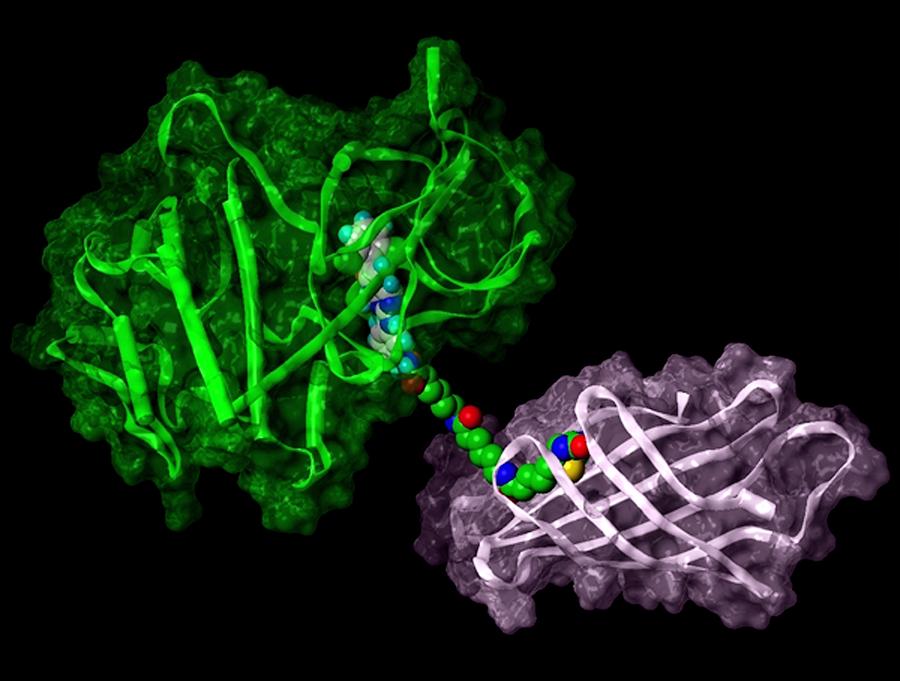
How Are Kinase Inhibitors Shaping the Future of Targeted Therapies in 2030?
Share
According to the report by Next Move Strategy Consulting, the global Kinase Inhibitors Market size is predicted to reach USD 104.21 billion by 2030 with a CAGR of 9% from 2024-2030. They have redefined the treatment landscape for cancer and other complex diseases. In 2024, these small-molecule drugs are continuing to advance the precision medicine frontier—especially in oncology and neurodegeneration. By targeting specific enzymes called kinases, these inhibitors can regulate abnormal signalling pathways responsible for disease progression
What Are Kinase Inhibitors and Why Are They Important in 2024?
Kinases are enzymes that regulate various cellular functions by adding phosphate groups to proteins—a process known as phosphorylation. When dysregulated, kinases can drive several diseases, including cancer, Alzheimer’s, and Parkinson’s. Kinase inhibitors block these enzymes, interrupting faulty signals.
In 2024, the therapeutic importance of kinase inhibitors lies in:
- Target specificity: Many inhibitors now focus on individual kinases or mutations, reducing side effects.
- Broad disease application: From leukemia to neurodegenerative diseases, kinase inhibitors are proving effective beyond oncology.
- Resistance management: Next-generation kinase inhibitors are helping overcome drug resistance.
Summary
- Kinase inhibitors function by halting disease-driving cellular signals.
- Their applications now span both cancer and neurodegenerative conditions.
- The 2024 focus is on precision, safety, and long-term efficacy.
How Is Asciminib Redefining Chronic Myeloid Leukemia (CML) Treatment?
According to ASCO Daily news, Asciminib, a novel allosteric tyrosine kinase inhibitor (TKI), has shown superiority over standard TKIs in newly diagnosed chronic myeloid leukemia (CML) patients.
Key findings from ASCO 2024:
- In a head-to-head trial, asciminib outperformed standard-of-care TKIs in achieving molecular responses.
- It selectively targets the ABL myristoyl pocket, differing mechanistically from conventional TKIs.
- Patients experienced fewer adverse events, indicating better tolerability.
Clinical implications:
Asciminib's unique mechanism of action makes it a powerful option for both newly diagnosed patients and those resistant to earlier-generation therapies.
Summary
- Asciminib is a next-generation TKI showing superior results in CML.
- It offers better efficacy and safety compared to traditional TKIs.
- The data supports broader frontline adoption.
Can Kinase Inhibitors Treat Neurodegenerative Diseases?
According to News Medical, traditionally used in oncology, kinase inhibitors are now being investigated for neurodegenerative disorders like Alzheimer’s and Parkinson’s.
Emerging 2024 research highlights:
- Kinase pathways like GSK-3, LRRK2, and CDK5 are implicated in disease progression.
- Inhibiting these pathways may slow or halt neuronal death.
- Kinase inhibitors may restore protein homeostasis and reduce neuroinflammation.
A whitepaper published in April 2024 emphasized the need for:
- Blood-brain barrier penetration for central nervous system (CNS) effectiveness.
- Long-term safety and neuro selectivity in drug design.
Summary
- Kinase inhibitors show promise in managing neurodegenerative diseases.
- Target specificity and CNS delivery are key research goals in 2024.
- Early results are promising but require larger clinical validation.
What Role Do Kinase-Blocking Drugs Play in Inflammation and Immunity?
According to NYU, in 2024, the researchers explored how kinase inhibitors influence inflammatory signalling, especially in immune regulation.
Key insights:
- Kinase inhibitors can modulate immune responses by regulating pathways such as JAK/STAT and MAPK.
- This modulation opens potential for use in autoimmune disorders and inflammatory conditions.
- NYU’s study showed kinase inhibitors might help “retrain” immune cells to avoid hyperactivation.
The findings suggest that beyond oncology, kinase inhibitors could serve as precision immune modulators.
Summary
- Kinase inhibitors have emerging roles in immune and inflammatory regulation.
- JAK/STAT modulation may enable treatment of autoimmune diseases.
- These drugs are under investigation for safer, targeted immunotherapies.
What Are the Main Challenges Ahead?
Despite progress, several hurdles remain:
- Resistance management still challenges long-term efficacy.
- Cross-reactivity with unintended kinases can lead to side effects.
- CNS-targeted drug design remains difficult due to the blood-brain barrier.
- Long-term toxicity must be carefully evaluated in newer indications.
Summary
- Current challenges include drug resistance, selectivity, and CNS delivery.
- Addressing these will be critical for expanding therapeutic use.
What Are the Next Steps for Clinicians, Researchers, and Industry?
Here are actionable steps based on 2024–2025 research:
- Monitor asciminib trials as a new CML frontline standard.
- Expand kinase profiling in neurodegenerative disease models.
- Develop BBB-penetrant compounds for CNS conditions.
- Use kinase inhibitors in precision immunotherapy trials.
- Enhance biomarker use to predict and monitor kinase response.
Final Thoughts
Kinase inhibitors are no longer limited to cancer therapy. With promising applications in neurodegeneration and immune modulation, these drugs are at the core of the 2024 precision medicine revolution. As research deepens and technologies advance, kinase inhibitors could redefine disease management across multiple domains—offering not just treatment, but true personalization.